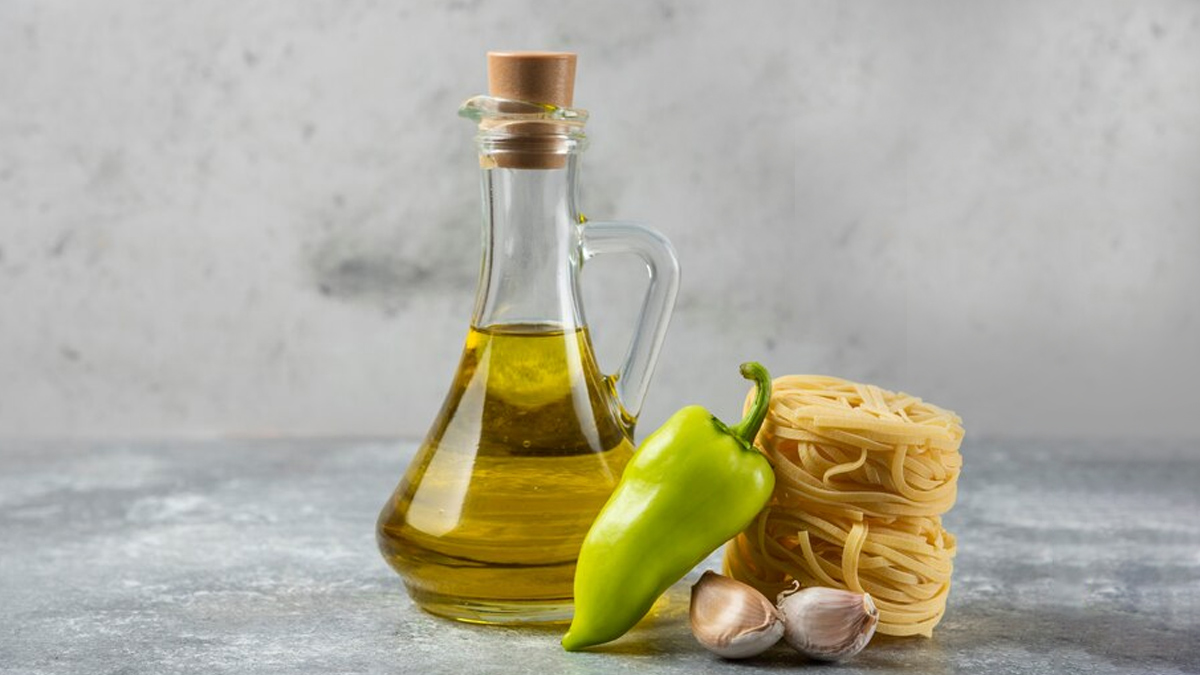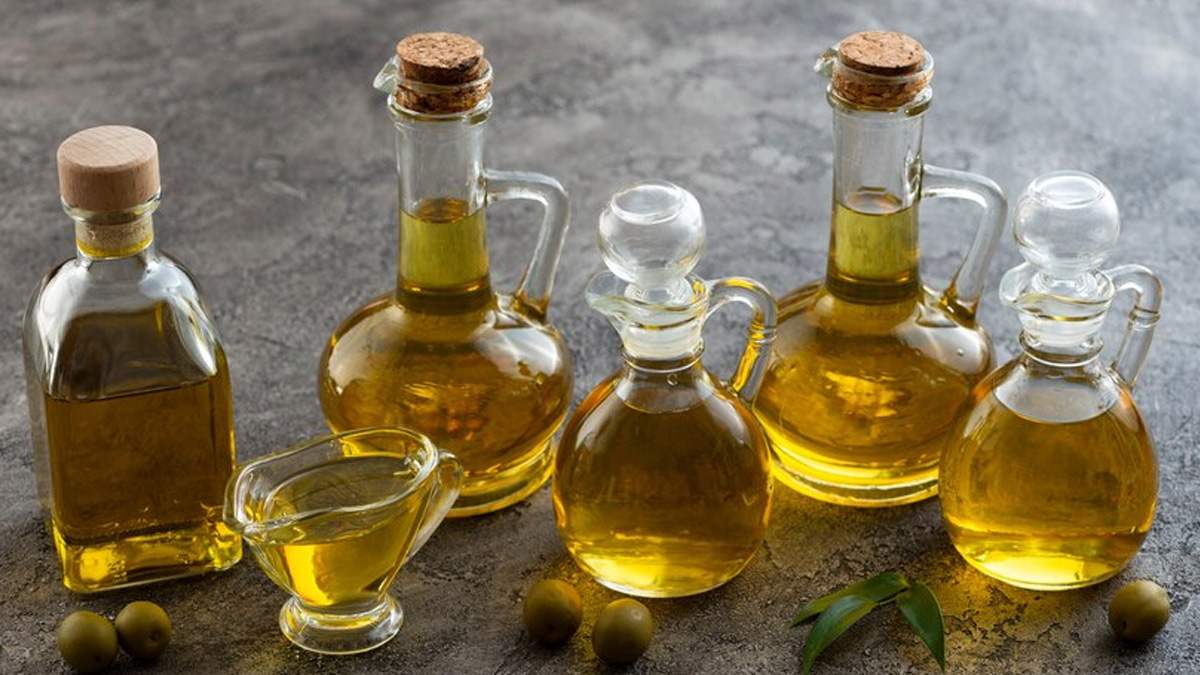When it comes to maintaining a healthy diet, one of the most overlooked yet crucial elements is the choice of edible oils. Cooking oils, though a staple in our kitchens, have a profound impact on our health. In today’s market, where health claims abound and the options seem endless, choosing the right oils can feel overwhelming. However, making informed decisions about the oils you use can significantly improve your heart health and overall well-being.
Understanding Good vs Bad Fats
The conversation around fats has evolved over time, with modern research distinguishing between “good” and “bad” fats. While many of us have grown up associating fats with negative health outcomes, it’s important to note that not all fats are harmful.
Good fats, monounsaturated fats (MUFA) and polyunsaturated fats (PUFA), are essential for our bodies. Studies show that these fats can help lower cholesterol levels and reduce the risk of heart disease. Oils like olive, canola, and sunflower are rich in these healthier fats. On the other hand, bad fats, saturated and trans fats, raise your LDL (bad) cholesterol, increasing the risk of cardiovascular diseases. These are commonly found in butter, lard, and some tropical oils like palm and coconut oil.
Why Choosing the Right Oil Matters

To understand more about choosing the right oils, OnlyMyHealth interacted with Anubhav Agarwal, CEO of BN Group. According to the Global Burden of Disease study, coronary heart disease (CHD) remains a leading cause of mortality worldwide, especially in developing countries like India. Anubhav Agarwal said, “What we cook with, specifically the quality and type of oils we use, plays a crucial role in either increasing or decreasing our risk of CHD. In the Indian context, where deep frying and high-temperature cooking are common, choosing the right oil becomes even more important.” Oils that degrade at high temperatures can produce harmful compounds like trans fats, which are linked to heart disease.
Agarwal highlights, “The oils we use daily can either help us maintain optimal heart health or pose risks. It’s crucial to be mindful of our choices and make informed decisions that balance nutrition with taste.”
Also read: Cold-pressed VS Refined Oil: Which One Is Better?
Cold-Pressed vs Refined Oils
In recent years, cold-pressed and extra-virgin oils have gained attention for their health benefits. These oils are extracted without the use of heat or chemicals, preserving more of the oil’s natural nutrients, such as antioxidants and vitamins.
In contrast, refined oils are processed through chemical or mechanical means to extract the oil, often at high temperatures. While this extends the shelf life, it also strips away many beneficial nutrients. According to Agarwal, “Refined oils are also more likely to contain trans fats, which should be avoided entirely. Opt for cold-pressed or extra-virgin varieties whenever possible, they may be slightly more expensive but offer more nutritional value.”

Variety is Key
One common mistake people make is relying on just one type of oil for all their cooking needs. Different oils offer different benefits, and using a mix of oils ensures a balanced intake of essential fatty acids. Citing examples, Agarwal said, “A combination of olive oil for salads, canola oil for baking, and sunflower oil for frying can help achieve the right balance of MUFA and PUFA.” This approach not only enhances flavour but also ensures you meet your nutritional needs.
Also read: From Avoiding It Completely To All Oils Are Unhealthy: Myths About Oil That You Should Stop Believing
Types of Edible Oils and Their Benefits

- Olive oil: Rich in MUFA, olive oil is a heart-healthy choice. It’s ideal for low-heat cooking, salad dressings, or drizzling over cooked food.
- Canola oil: High in MUFA, canola oil has a neutral flavour and high smoke point, making it versatile for cooking.
- Sunflower oil: Known for its high PUFA content, particularly omega-6 fatty acids, sunflower oil is commonly used in Indian cooking.
- Coconut oil: High in saturated fats, coconut oil has gained popularity for its potential benefits for weight loss. It’s best used in moderation.
- Mustard oil: A staple in many Indian households, mustard oil is rich in MUFA and has antimicrobial properties, making it great for high-temperature cooking.
Conclusion
Choosing the right edible oils is not just about selecting what’s popular—it’s about understanding the balance between good and bad fats, recognizing the importance of smoke points, and opting for minimally processed oils. As Anubhav Agarwal suggests, “A healthy diet is about balance, and the oils we use play a crucial role in our overall well-being. Quality over quantity will always be the key to better health.”

